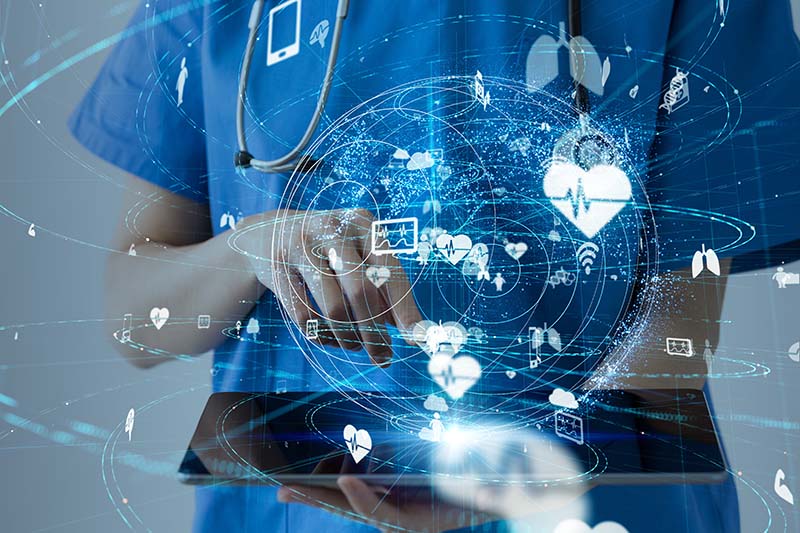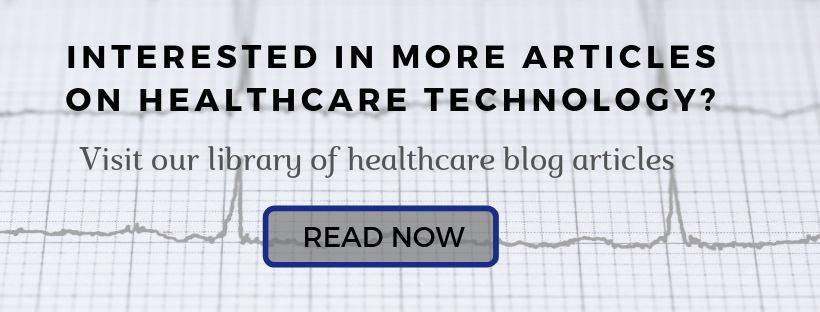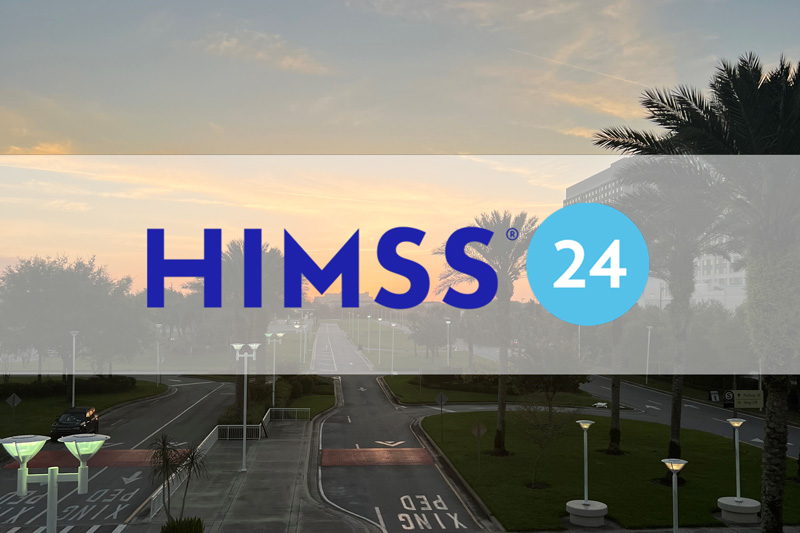In recent years, sophisticated technology has had a huge impact on the practices of most healthcare professionals. Gone are the days of racks full of patient record folders in a doctor’s office. Electronic health records (EHRs) have replaced paper records in most medical environments.
However, adaptation and acceptance of technology in healthcare has been fraught with difficulty. Some of this is due to fear of change from older personnel, but most is due to the sheer volume of data collected over years, especially as the systems mature. Let’s examine.
Effects of initial introduction of an EHR
There are several emotional aspects of the patient-physician interface that come into play when an EHR—or any new technology—is initially introduced in a medical office. Most offices put the responsibility of inputting patient data on nurses and technicians. But, in smaller practices, staff doctors often enter much of the data themselves.
This puts an additional burden on the physician to keep the personality of the doctor-patient relationship intact. Medical practice at the patient level requires a personal interface and often involves a long-term doctor-patient relationship.
EHRs typically take time to implement. Doctors and staff must be trained to operate the system as well as to transfer old, and enter new, data. Many practices, out of necessity, need to operate with paper records and EHRs in parallel. In large offices, it may take several months to completely implement an EHR. In the interval, it is essential that patients do not perceive a deterioration of the practice.
Featured resource: Taking a Comprehensive Approach to Evaluating Healthcare Analytics Vendors – Read now
Advantages and disadvantages of the EHR
While both documentation and technology have many positive benefits, the doctor-patient relationship can be damaged if the introduction of new technology is not thoughtfully implemented.
Most doctors are well aware of the importance of the doctor-patient relationship. That relationship can be damaged when a patient is left waiting while the doctor inputs data into an EHR. Older clinicians may be less computer-literate and spend more time than needed at the keyboard.
Younger practitioners, having grown up in a world of technology, tend to adapt quickly to system requirements, but depending on the system, they may spend more time entering data than communicating with the patient.
This can lead to dwindling direct patient communication time and foster patient dissatisfaction. The patient-provider interface is often the most important part of an office visit.
In addition, medical imaging may be utilized more often when an EHR is installed, especially by younger doctors exposed to technology early in their careers. The ease of test ordering with an EHR can cause testing to become more of a reflex action than a necessity. Thus, the possibility exists for a clinician to essentially change the method of diagnosis to become more dependent on technology than on examination skills. Technology should enhance medical decision making, but when not thoughtfully implemented, it can displace careful diagnosis skills.
Importance of the doctor-patient relationship
The doctor-patient relationship is of critical importance, especially when a new EHR is implemented. A patient with a long-term relationship with a doctor is more likely to overlook the loss of critical face-time. But, when the relationship is new, it is critical that it is cultivated. Otherwise, the patient is quite likely to visit another practice.
Doctors who lose sight of this all-important fact will often find their patient base deteriorating, especially if they are seeing many new patients. A wise doctor will put the keyboard aside for a moment, make eye contact with the patient, ask and answer questions and generally show interest and acknowledge patient comments. From a patient′s perspective, a good doctor has the requisite medical knowledge, but is also willing to listen to a patient and show empathy.
From the patient′s perspective
Integrating technology into medicine is the future of medical practice, but practitioners need to use EHRs as an adjunct to their diagnostic and communication skills. While these systems provide powerful new ways to use and analyze data, it is critically important to maintain strong doctor-patient relationships.
While EHRs can benefit and improve patient care in multiple, and often unmeasurable ways, patients are not always cognizant of the benefits with the same perspective as the clinician. Patients do not see under the covers of technology in the same way clinicians do. What they do see, however, is the quality of the patient-practitioner interface.
A wise doctor adapts the use of technology to enhance both patient care and the all-important doctor-patient relationship.
- How Technology Can Improve Physician Performance Measurement - July 29, 2019
- Patient Perspectives on Technology in Healthcare - June 6, 2019
- Empathy in Healthcare: Is There Room for It in the Technological Era? - April 8, 2019




